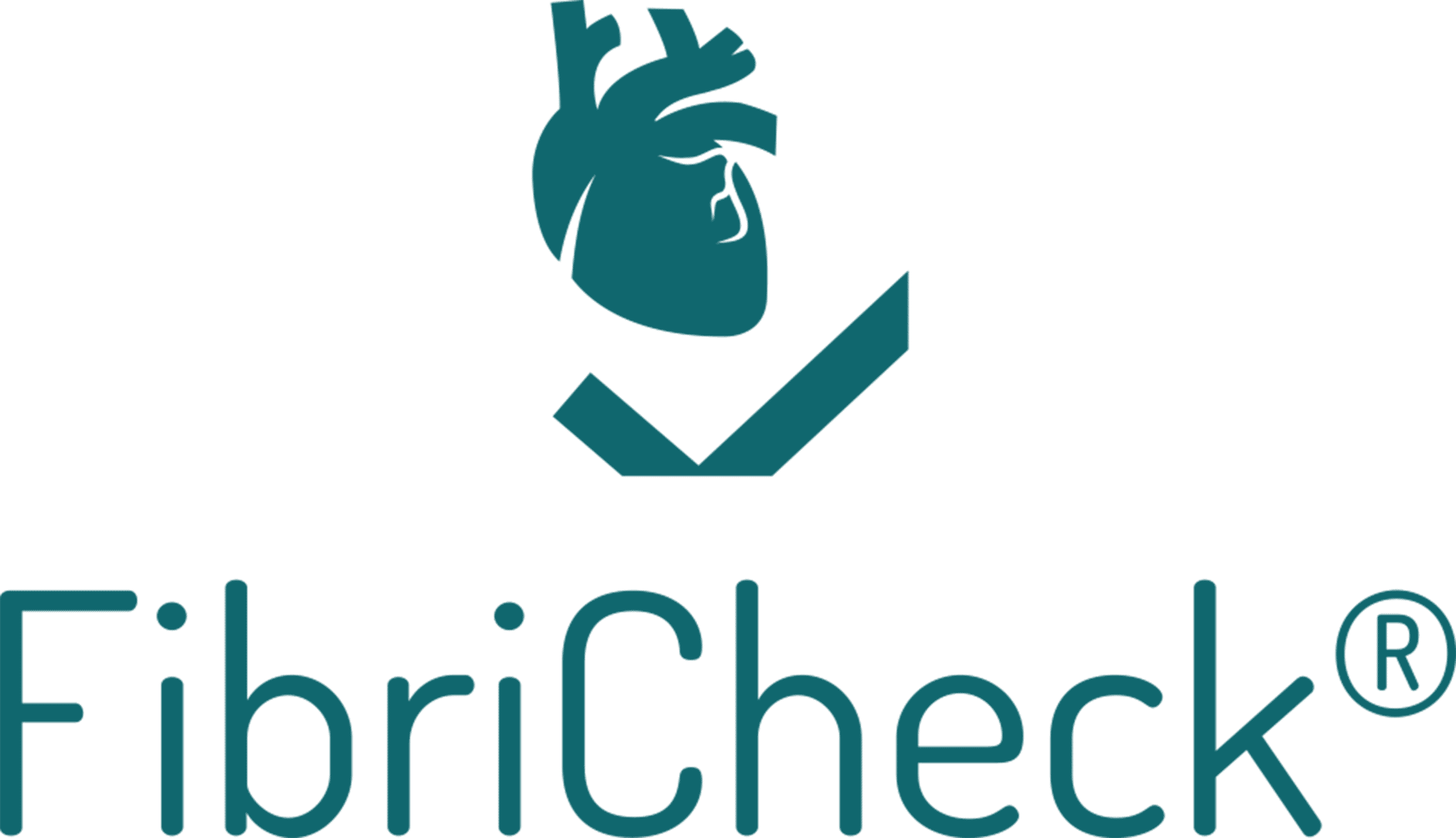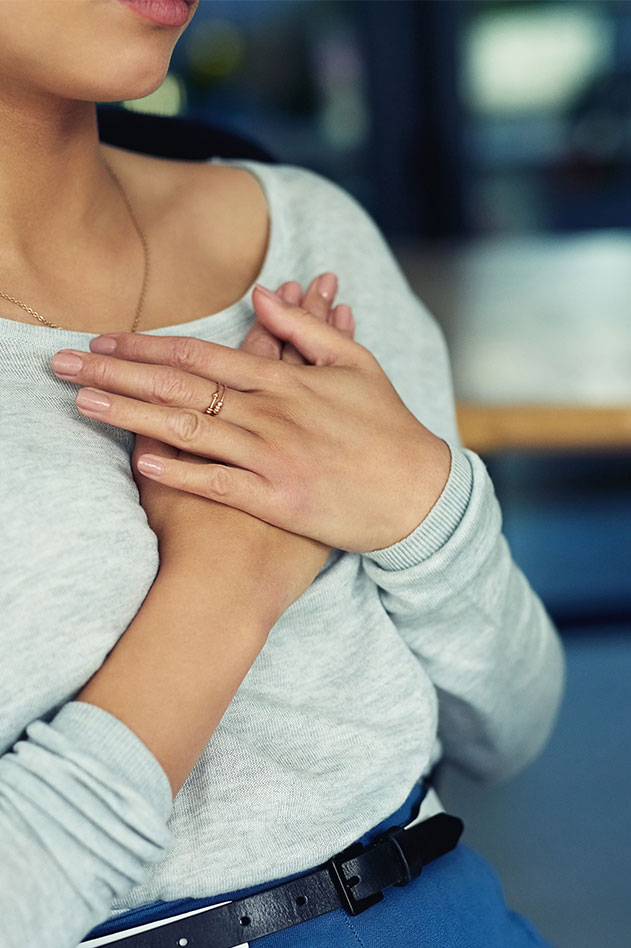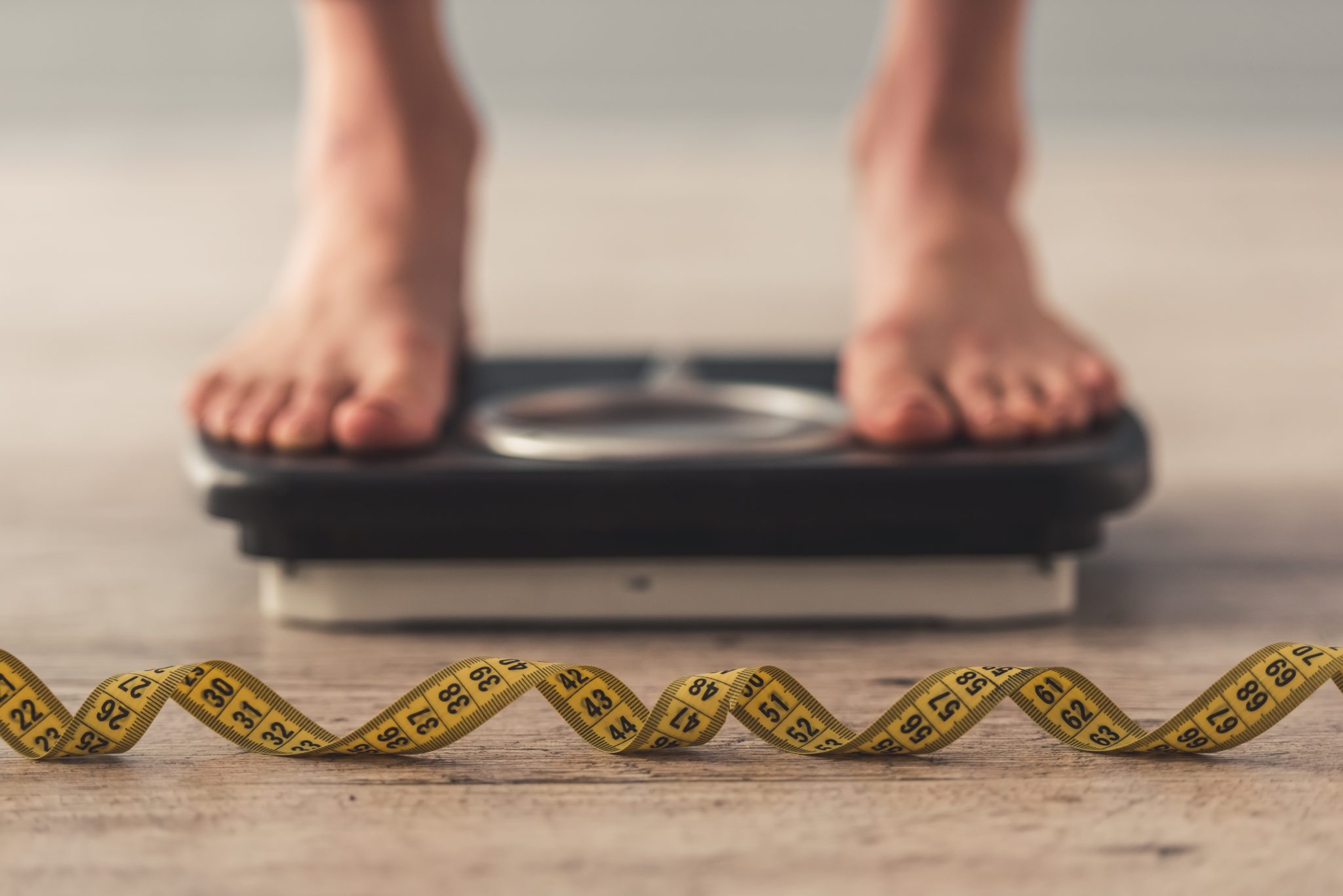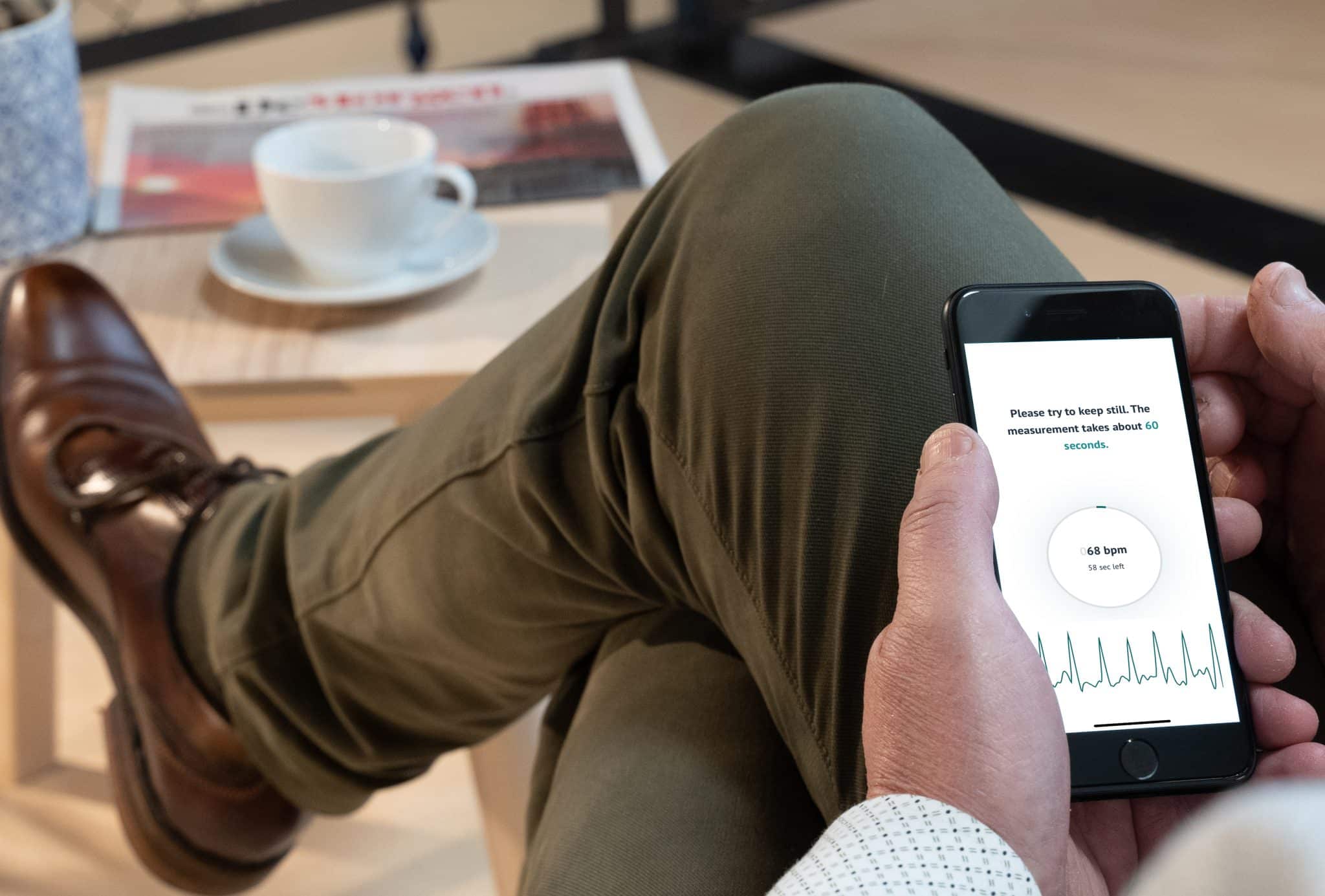Are you having palpitations? For starters: you are not alone. Palpitations are very widespread. They are one of the main reasons why patients go to see their GP, cardiologist or end up at Accident & Emergency.1 But these medical checks and even further examinations do not always result in a clear diagnosis.2 Why is that? And what can you do yourself to find out whether your palpitations are harmless or not?
What are palpitations?
Let us start at the beginning. How to know if your palpitations are cause for concern? Medical literature defines palpitations as ‘the sensation of an unusually fast or irregular heartbeat, often described as an uncomfortable pounding feeling in one’s chest or neck’.2
This uncomfortable feeling can be an (abnormally) fast heart rate, irregular heart rhythm, the heart skipping beats, fluttering or a very pulsating sensation.
Doctor Gupta, a renowned cardiologist based in York, England, describes it simply as follows: ‘If you are conscious of your heartbeat in the sense that it feels out of the ordinary, you’ve got palpitations. It does not even need to be a medical abnormality. Your heart can be working perfectly normally, even though you feel things are abnormal.’ 3
“A palpitation is an awareness of your heartbeat to the extent that it feels abnormal. Even if the heart is beating normally”
– Dr Sanjay Gupta, Cardiologist
Which is exactly where the problem lies. When we are in a normal condition of rest, none of us are even aware of our cardiac activity.1 So when we do feel palpitations at that moment, it is important to identify the cause. Because palpitations are a symptom. But a symptom of what?
Are palpitations (ab)normal?
It is perfectly normal to be aware of your heart every now and then in certain circumstances. Whilst engaging in intense physical activity for instance or when dealing with emotional stress or anxiety. At such times, your heightened cardiac activity can even be said to be functional.1
During exercise and other kinds of physical exertion, our body needs more oxygen, with the heart kicking into higher gear. And when watching a nail-biting film or taking a walk late at night around a rough neighbourhood, the heart will excitedly pump adrenaline through our body. Just to keep us on our toes and make sure we are able to get out of harm’s way should the need arise.
In situations like that, there’s no cause for alarm. As soon as your body is back to rest mode, the palpitations will stop by themselves. Without any consequences.
Note: caffeine, alcohol and drugs can also trigger palpitations.3 The ‘treatment’ in this case is straightforward: reduce your consumption or radically stop using any of the above.
In all other cases, there is an underlying cause for the cardiac activity you are feeling so consciously. Thankfully, these causes are not always (very) serious. But sometimes, palpitations may be a symptom of a life-threatening condition.4
Palpitations and heart rhythm disorder: a clear link
We have established that palpitations can have different causes. Elements such as stress or depression for instance are often singled out as the culprits. But even in three quarters of psychologically triggered palpitations (worrying, anxiety, depression, etc.) there is an underlying heart rhythm disorder lurking in the background.4
Research shows that in the bulk of cases (a conclusive 81 %), heart rhythm disorders are the cause.2
Atrial fibrillation is the most common form of heart rhythm disorder and just happens to be one culprit you can catch in the act whilst lounging around in your comfy chair.
How do you pinpoint the cause of your palpitations?
Are these palpitations harmless or a cause for concern? A question which undoubtedly is frequently on your mind, but also one that often proves frustrating for doctors. Especially as the problem with palpitations is their temporary nature. You can feel them on a daily or weekly basis, or sometimes just once every month or so. Sometimes for hours on end, sometimes for just a few seconds.
This unpredictability means catching them when they are occurring is terribly difficult. There is a good chance that you will not have any symptoms when you are being examined.1 Whereas there is scientific evidence that recording your cardiac activity during symptoms offers the best chances of the right diagnosis.1 In 76% of cases, this immediately tells doctors what needs to be done.2
Without palpitations occurring during your examination, the real causes can go undetected – sometimes even for years.2 Without a clear cause there is no treatment.
“The biggest difficulty is to try and work out whether the palpitation is because of something else or whether it’s an intrinsic heart rhythm problem.”
– Dr Sanjay Gupta, Cardiologist
The upshot? You are left feeling uncomfortable and concerned. Wondering if what you are feeling are actually palpitations. And is what you are feeling harmless or not? How do you stop yourself from lying awake at night worrying next time you experience these symptoms?
What to do in case of palpitations?
The medically certified FibriCheck app gives you a reliable tool which you can use in the comfort of your own home. Are you having palpitations? Measure your heart rhythm right there and then, using your smartphone and/or smartwatch (Fitbit and Samsung Galaxy Watch3).
This will tell you in less than a minute whether your heart rhythm is safe at that moment. Quite a relief. What if the app does detect abnormal cardiac activity? Within 48 hours you get a personal review (*) of the measurement results by our medical experts.
In the meantime, keep measuring. This sees you collect vital medical evidence which immediately gives your doctor a detailed insight into your heart rhythm. Do the measurements point to heart rhythm disorders such as atrial fibrillation or auricular fibrillation? Or should your doctor seek to find a structural cardiac problem? In this situation too, it is a case of managing by measuring.
Please note! If you are feeling palpitations and you are simultaneously suffering from symptoms such as shortness of breath, faintness or pain in your chest, get in touch with your GP as soon as possible. Especially when there is a family history of heart conditions.
(*) Personal reviews by our medical experts are included in our free trial period and Premium plan.
Stop lying awake at night worrying about palpitations.
FibriCheck is the first medically certified app that measures your heart rate and heart rhythm via your smartphone.
References
- Giada F et al. Clinical Approach to Patients with Palpitations. Card Electrophysiol Clin, 2018, doi:10(2):387-396.
- Clementy N et al. Benefits of an early management of palpitations. Medicine (Baltimore), 2018, doi:97(28):e11466.
- Dr. Sanjay Gupta. York Cardiology. Geraadpleegd op https://www.youtube.com/watch?v=-7rDc5f8muk
- Goyal A et al. Palpitations. StatPearls [Internet], 2020.
Created on December 16th, 2020 at 07:47 am
Last updated on June 27th, 2024 at 08:58 am




